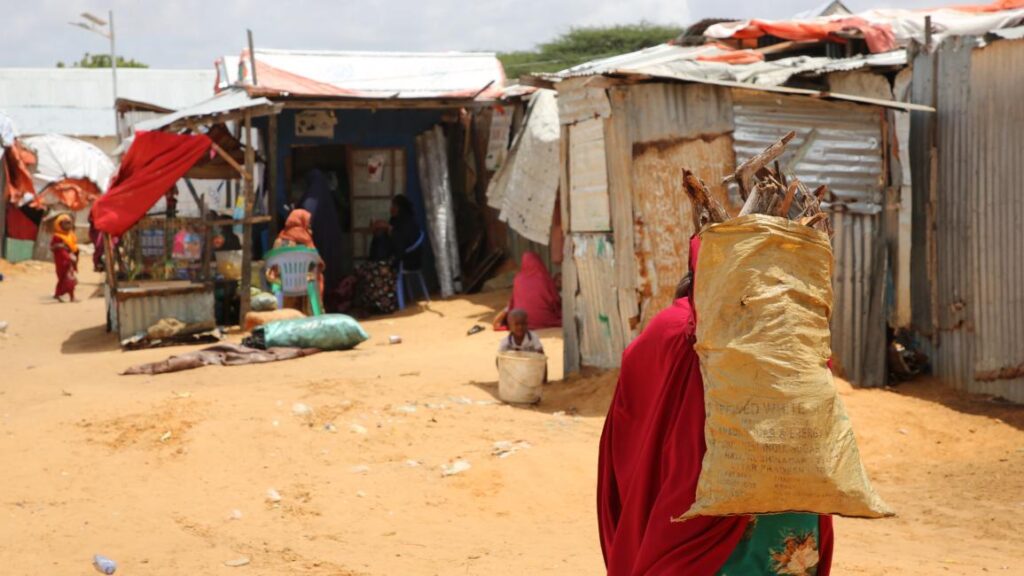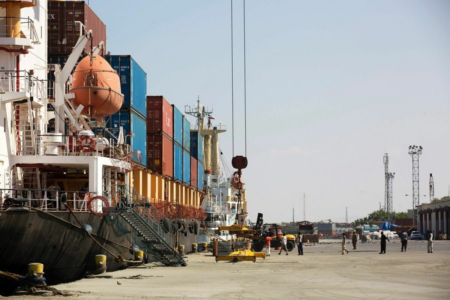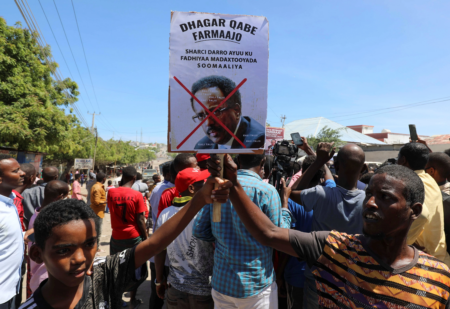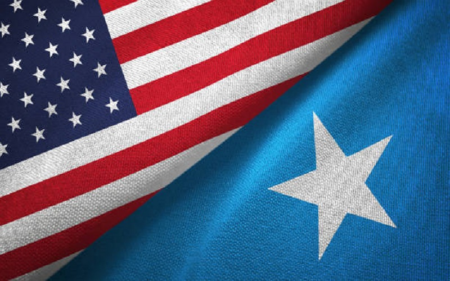The United Nations Office for the Coordination of Humanitarian Affairs (OCHA) has warned that the severe drought in Somalia, coupled with declining international funding, is undermining life-saving humanitarian efforts and risks reversing progress in addressing the country’s worsening food crisis.
Severe Drought and Funding Cuts Affect the Lives of 4.6 Million Somalis
According to the UN report released on Monday, 4.6 million Somalis face high levels of food insecurity, while an additional 2 million people are at risk of sliding into critical conditions due to reduced aid.
The financial shortfall has already left nearly 1 million people without food assistance every month, with the agency warning that lives will be lost if the situation continues.
The 2025 humanitarian plan has cut its target to 1.3 million beneficiaries, representing a 72% reduction compared to previous goals.
This drastic gap means millions of vulnerable Somalis are left without consistent food and water supplies.
Global Donors Reduce Humanitarian Contributions
Somalia’s crisis is further compounded by consecutive droughts, collapsing agricultural productivity, and declining livestock numbers—factors that have forced millions to rely heavily on international aid.
However, with global donors reducing humanitarian contributions, Somalia’s humanitarian landscape is becoming increasingly fragile.
Experts warn that without urgent funding, the country risks facing a repeat of the 2011 famine, which claimed more than 250,000 lives.
The United Nations stressed that urgent increases in funding and an expanded humanitarian response are essential to prevent widespread hunger and malnutrition, particularly among children and women.
Read also: Amnesty International: Israel Strategy Designed to Destroy Health, Wellbeing, and Social Fabric
$125 Million in New Funding
Any delay in action, it cautioned, will worsen food insecurity and threaten Somalia’s fragile social stability.
Earlier this month, the World Bank’s Board of Directors approved $125 million in new funding under the International Development Association (IDA) to support Somalia’s development policies.
This grant marks the second and final phase of a program aimed at strengthening the Somali economy’s resilience, improving public financial governance, and fostering sustainable private sector growth.








